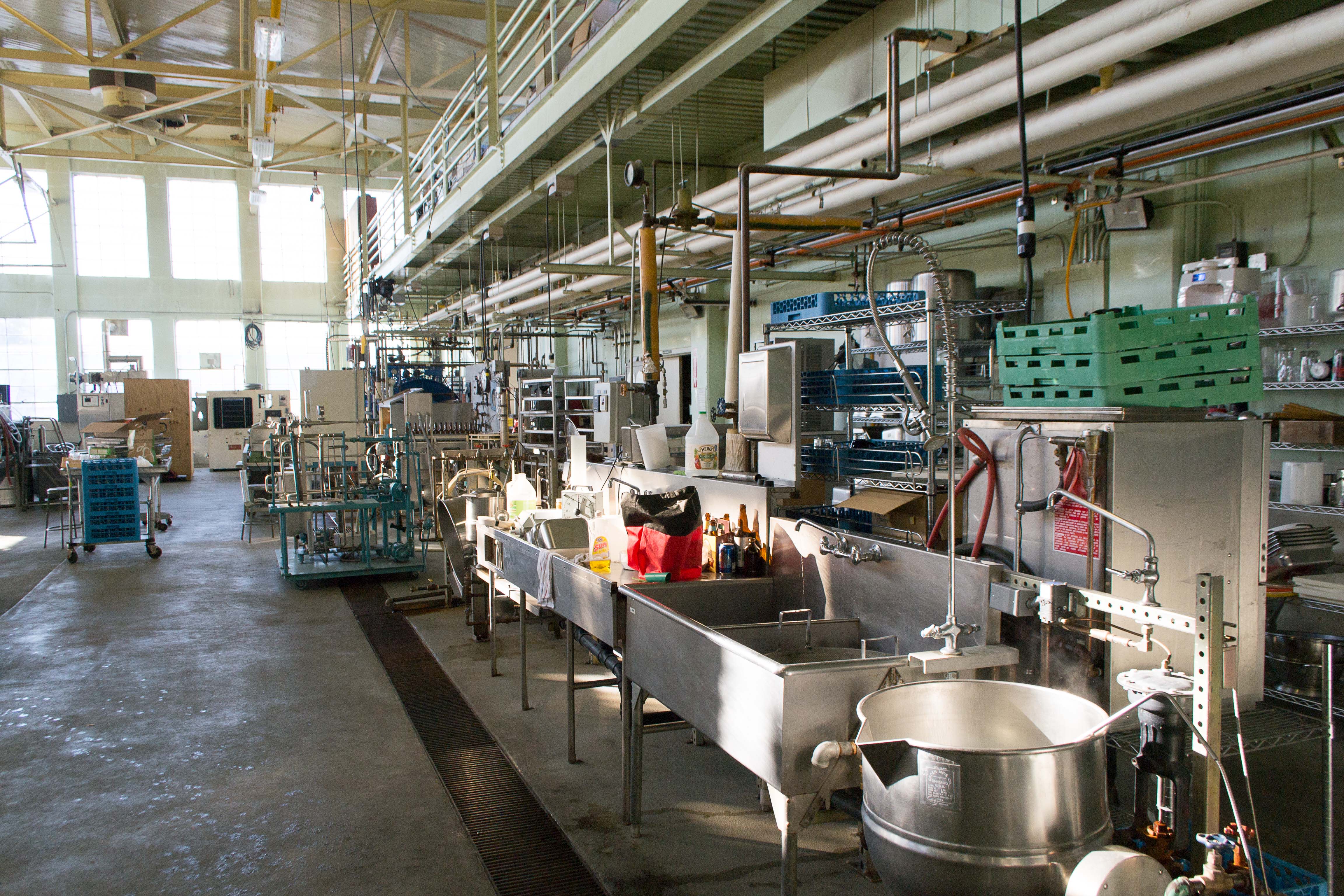
Fructose-containing caloric sweeteners as a cause of obesity and metabolic disorders
Sign Up to like & getrecommendations! Published in 2018 at "Journal of Experimental Biology"
DOI: 10.1242/jeb.164202
Abstract: ABSTRACT Compared with other carbohydrates, fructose-containing caloric sweeteners (sucrose, high-fructose corn syrup, pure fructose and fructose-glucose mixtures) are characterized by: a sweet taste generally associated with a positive hedonic tone; specific intestinal fructose transporters, i.e.… read more here.
Keywords: fructose containing; sweeteners cause; energy; cause obesity ... See more keywords

Review of Recommendations for the Use of Caloric Sweeteners by Adults and Children
Sign Up to like & getrecommendations! Published in 2018 at "Journal of Food and Nutrition Research"
DOI: 10.12691/jfnr-6-5-6
Abstract: Sweeteners are natural or artificial substances that give food or a product a sweet flavour, and are divide by their nutritional value to caloric and non-caloric. Although they have been reported as safe, this review… read more here.
Keywords: sweeteners adults; non caloric; review recommendations; recommendations use ... See more keywords

[Non-caloric sweeteners in women of reproductive age - A consensus document].
Sign Up to like & getrecommendations! Published in 2020 at "Nutricion hospitalaria"
DOI: 10.20960/nh.02870
Abstract: Non-nutritive sweeteners (NNS) are food additives that have been used as a possible tool to reduce energy and sugar intake. There is a scientific debate around the real benefits of their use. NNS are substances… read more here.
Keywords: non caloric; women reproductive; food additives; reproductive age ... See more keywords

Overuse of Non-caloric Sweeteners in Foods and Beverages in Chile: A Threat to Consumers' Free Choice?
Sign Up to like & getrecommendations! Published in 2020 at "Frontiers in Nutrition"
DOI: 10.3389/fnut.2020.00068
Abstract: The prevalence of obesity among Chilean adults and children is one of the highest worldwide. To fight the constant increase of non-communicable diseases and the growing sales of sugar-sweetened beverages, the Chilean government recently enacted… read more here.
Keywords: non caloric; ncs containing; food categories; foods beverages ... See more keywords